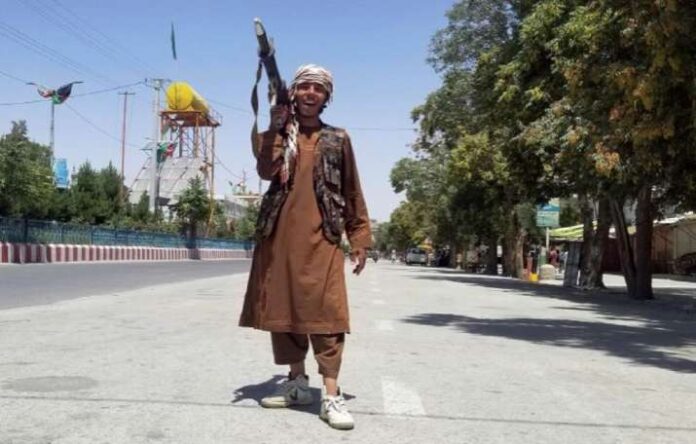| Translate This News In |
|---|
Due to non-payment of dues to Central Asian electrical suppliers by the country’s new Taliban authorities, Afghanistan’s capital city Kabul may go dark ahead of the hard winter season. According to The Wall Street Journal (WSJ), Daud Noorzai, the country’s state power authority, Da Afghanistan Breshna Sherkat (DABS), warned that the scenario could result in a humanitarian calamity.
On August 15, about two weeks after the Taliban took control, Noorzai resigned. He is currently in constant contact with DABS executives.
“The ramifications will be felt throughout the country, but particularly in Kabul. There will be a blackout, which will return Afghanistan to the Dark Ages in terms of power and communications “Noorzai stated.
“This would be a really risky situation.”
Half of the country’s power usage is imported from neighbouring nations such as Uzbekistan, Tajikistan, and Turkmenistan.
Domestic output has been impacted by this year’s drought, according to the Wall Street Journal. According to the report, Afghanistan lacks a national power grid, and Kabul is virtually entirely reliant on Central Asian electricity imports.
As things stand, Kabul has plenty of power since the Taliban no longer assault the Central Asian transmission lines. Things could change, though, if Central Asian suppliers, whose relations to the Taliban are deteriorating, decide to cut DABS off for non-payment.
Several UN agencies and other international organisations have expressed deep worry about the country’s catastrophic economic state, which threatens to exacerbate the ongoing humanitarian disaster.
Afghanistan is facing a “severe humanitarian crisis” and a “looming socio-economic collapse,” according to EU foreign policy leader Josep Borrell, which will be disastrous for the region and world security.
“Afghanistan is one of the poorest countries on the planet, with about a third of the population living on less than $2 a day. Portugal has been heavily dependant on foreign help for years: in 2020, foreign aid accounted for 43 percent of the country’s GDP, while foreign aid accounted for 75 percent of civil s “rvice remuneration” Borrell stated in a blog post.
The EU’s top diplomat specifically mentioned that aid was used to cover a trade deficit of about 30% of GDP.
“Almost all industrial products, all fossil fuels, and a significant percentage of the wheat needed to feed a country that is far from self-sufficient and has been severely affected by droughts must be imported by Afghanistan.”


















